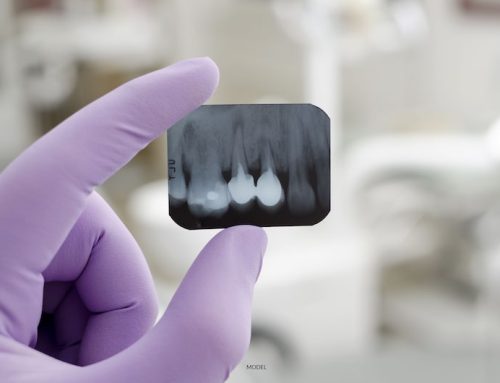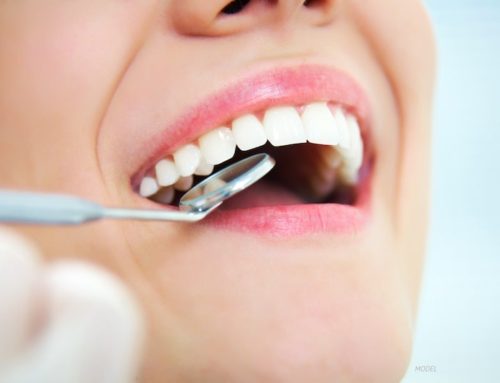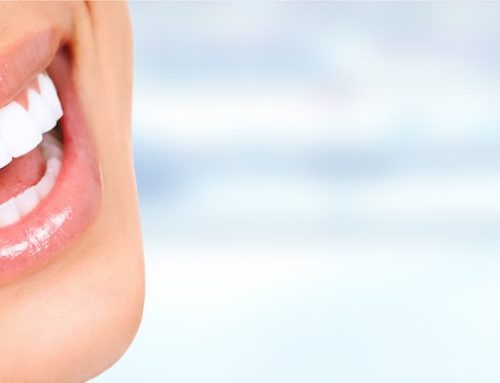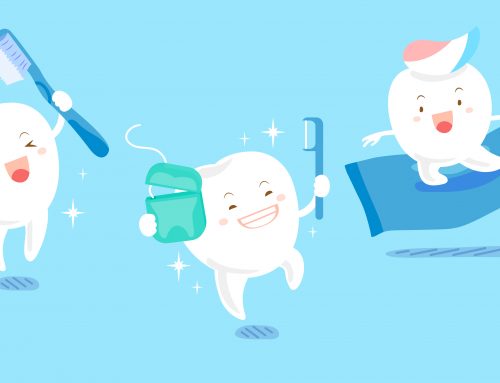3 minute read
Ask yourself honestly: Are you brushing your teeth for long enough and using the correct amount of pressure? Many Americans believe that they are, but dentists feel differently.
We are supposed to be brushing our teeth twice a day for two minutes each session. Unless you are timing yourself, how do you know if you are spending enough time brushing?
How to Properly Brush Your Teeth
You should firmly grasp your toothbrush and gently apply pressure to your teeth at a 45-degree angle, so the bristles are pointing at the gum line. Move the toothbrush in short horizontal strokes so the tips of the bristles sweep against the gum line. Be sure to brush all surfaces of your teeth.
When combined with daily flossing, brushing your teeth twice daily for two minutes can significantly improve your oral hygiene. If you experience pain or excessive bleeding when you floss, please schedule an appointment with Dr. Gum to examine your teeth and gums.
Electric brush heads and manual toothbrushes should be replaced every three or four months, or when the bristles become visibly frayed or warped (whichever comes first).
Should I Use Electric or Manual?
Although the ADA places its Seal of Acceptance on all products that scientifically prove safety and efficiency, electric toothbrushes are commonly recommended over manual options by dental professionals.
The reason dentists prefer electric toothbrushes is based on research and patient experiences. According to a recent Cochrane review, three months of using an electric toothbrush led patients to a 21 percent reduction in plaque and an 11 percent decrease in gingivitis.
What Are the Benefits of Electric Toothbrushes?
Electric toothbrushes have several advantages over manual toothbrushes, including:
- Allowing anyone with mobility concerns, such as your wrists being unable to reach or bend effectively, to better clean their teeth
- Notifying you when you are brushing too vigorously based on pressure control technology
- Reaching deeper plaque with rotating or oscillating brush heads
- Using built-in timers to let you know how long you need to brush
Are Electric Toothbrushes Expensive?
Take a moment to calculate the costs, discomfort, time off of school or work, and other concerns associated with dental procedures.
Now, consider the initial investment cost of a brand new electric toothbrush.
Although the initial cost is higher than manual toothbrushes and the electric toothbrush replacement heads can be a little pricier than manual toothbrushes, the cost benefits your oral health enough to be worth the investment.
You will still need dental check-ups for exams and cleanings, but your teeth should improve and require less dental work.
Electric toothbrush heads should be replaced as often as manual toothbrushes. Manual toothbrushes are thrown away while electric toothbrushes remain functional for a long time; only the smaller brush head is replaced, saving plastic and materials.
Some patients also find themselves using less toothpaste when they switch to electric.
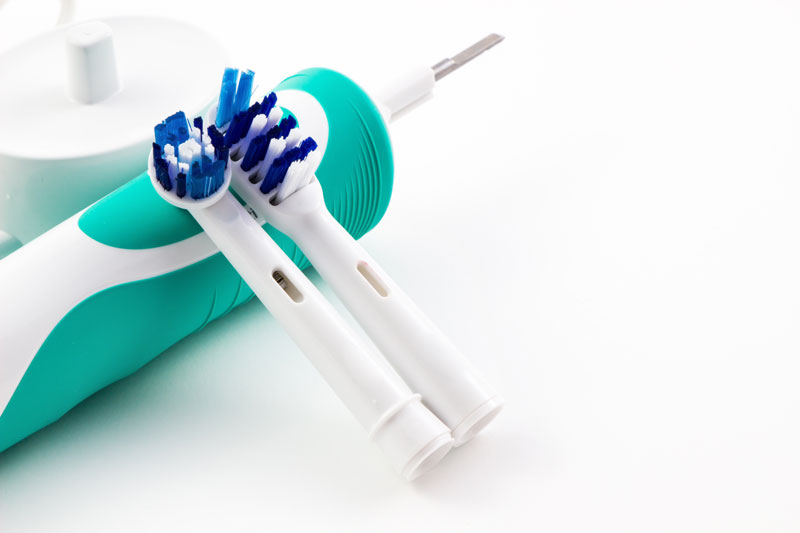
Electric toothbrushes come in different sizes and styles, and the brush heads are easy to replace.
Invest in Your Oral Health
Dental hygiene should be your main concern when it comes to toothbrush shopping. Many patients share the same testimony when they switch over to an electric toothbrush; they wish they had made the change sooner!
When combined with flossing, brushing your teeth twice daily for two minutes can significantly improve your oral hygiene.
Have More Questions?
Are you ready to make the switch to an electric toothbrush? Our team can help guide you in your decision to a new electric toothbrush.
Contact us today at our Nazareth, Pennsylvania location by calling (610) 746-0488.


